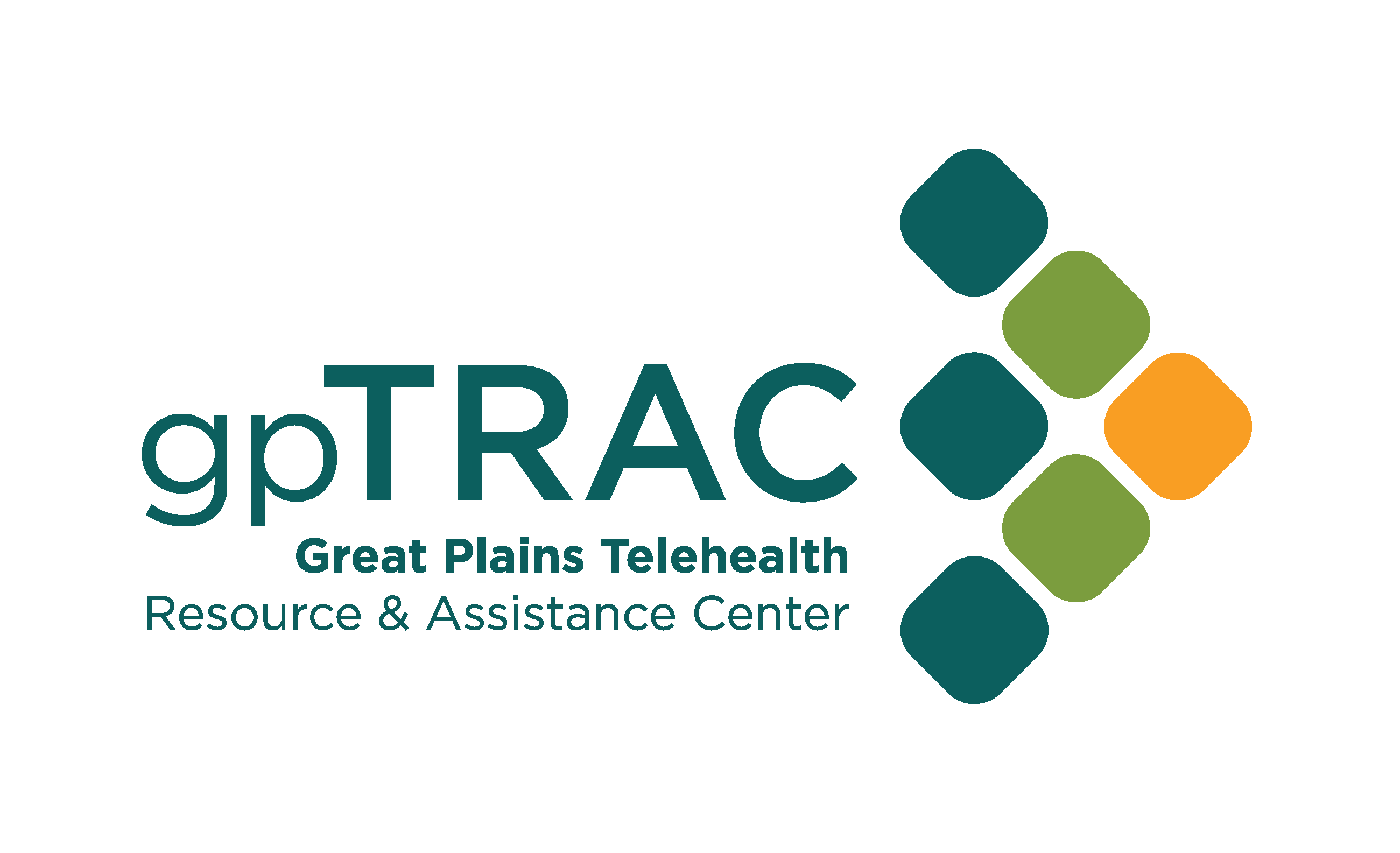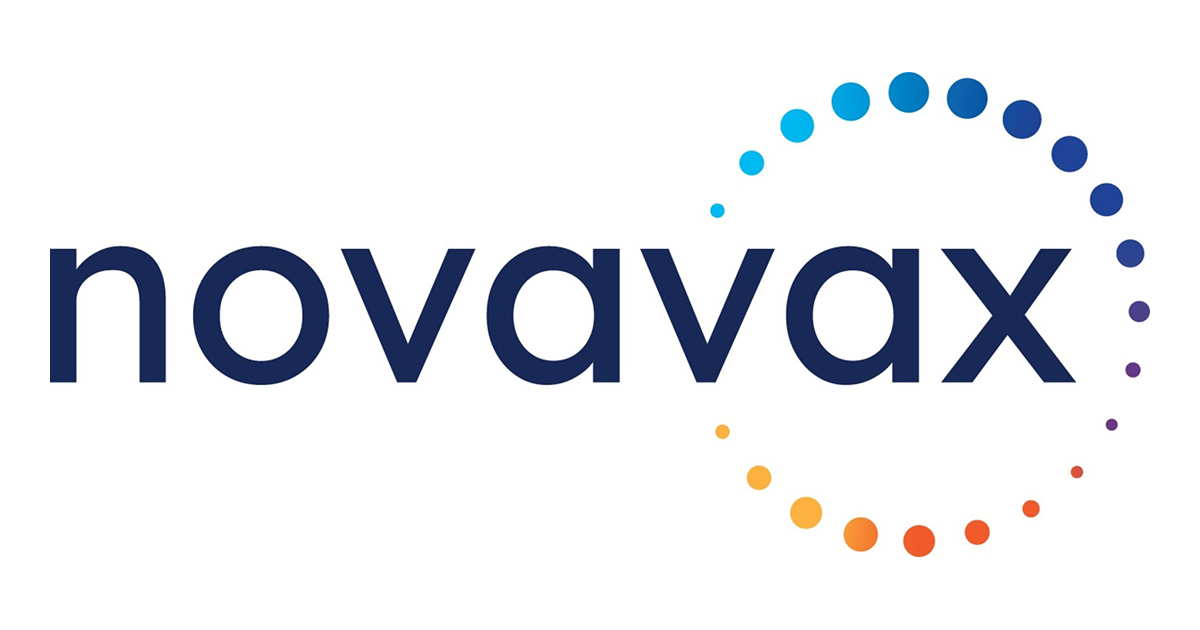Dr. Jack Geiger pioneered the idea of health centers in the U.S. after witnessing a similar idea in apartheid South Africa, where community-based primary care was used to address large racial disparities. When returning to the U.S., he sought and received funding from the Office of Economic Opportunity, a new government agency created as part of President Lyndon B. Johnson’s “War on Poverty”.
The first two health centers, founded in Boston, Massachusetts and Mound Bayou, Mississippi, were instrumental in helping African Americans access health care, as open discrimination was common. Health centers also sought to address social determinants of health, such as housing and food, to further address racial disparities. Health centers were founded on the requirement that any and every visitor would receive the care that they needed and the center would work with its surrounding community to address other conditions that led to poor health in the first place.
While health centers have expanded far beyond their beginnings, their commitment to serving vulnerable populations remains. Health centers not only have roots in the Civil Rights Movement, but also have a mission today that seeks to address racial disparities in health. Serving vulnerable populations is at the core of what health centers do. We owe health pioneers like Dr. Jack Geiger and other members of the Medical Committee for Human Rights who organized to address racial health disparities after joining the Freedom Rides in 1961 for popularizing the community health center model in the United States. We owe Dr. Martin Luther King Jr. for his movement centered on compassion and justice for those too long ignored by their neighbors and government. And we owe contemporary activists fighting for Medicaid, racial justice, and reforms in housing, discrimination, and criminal justice. Iowa’s community health centers will continue to do what we can in this ongoing struggle.

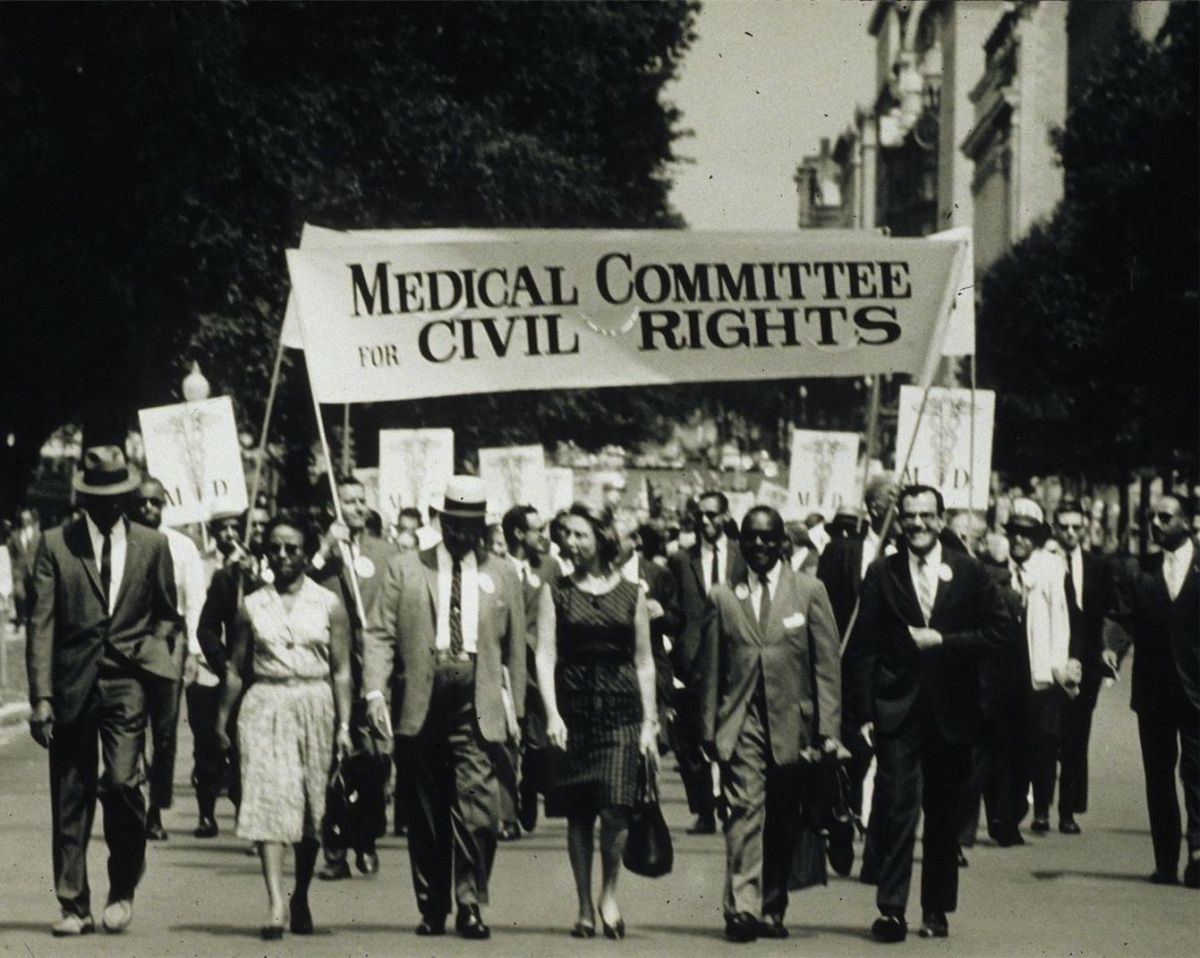
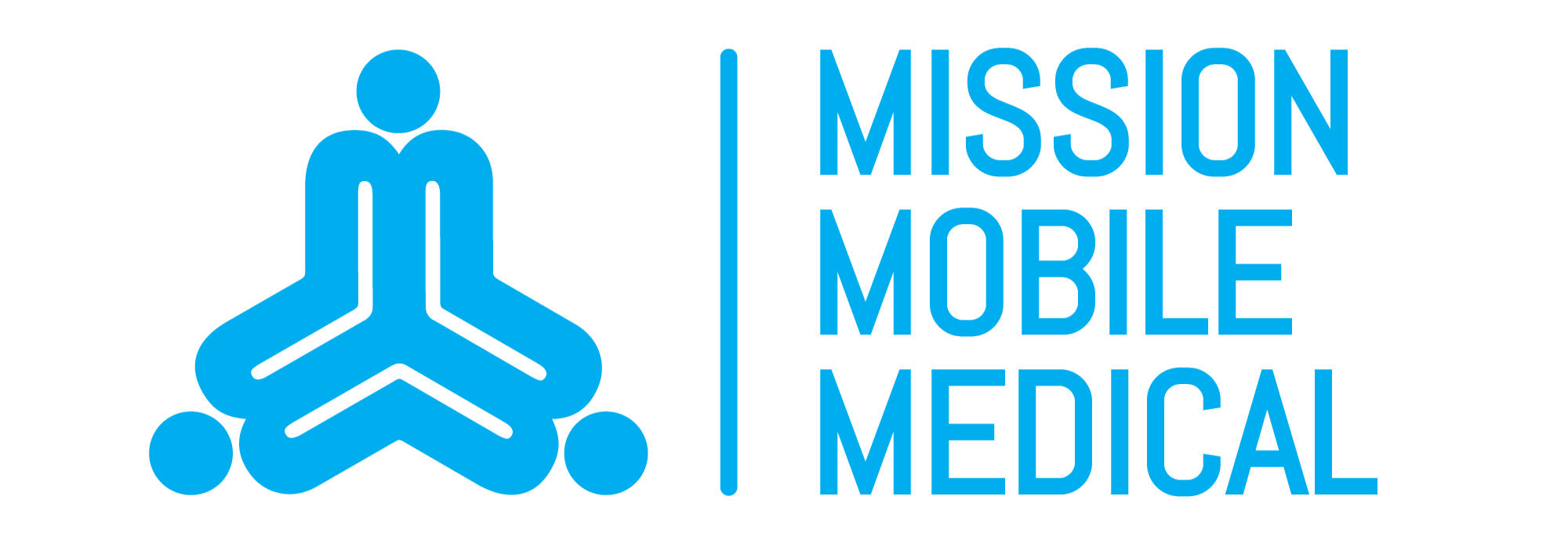

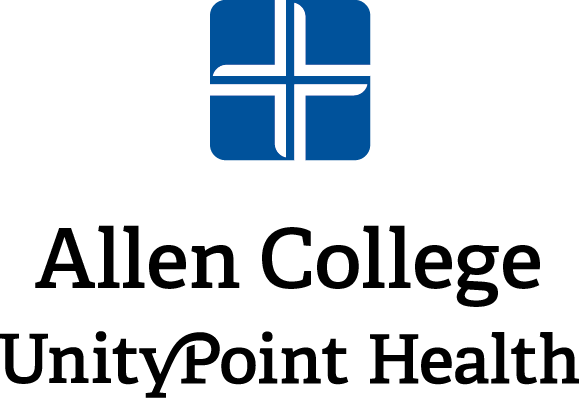






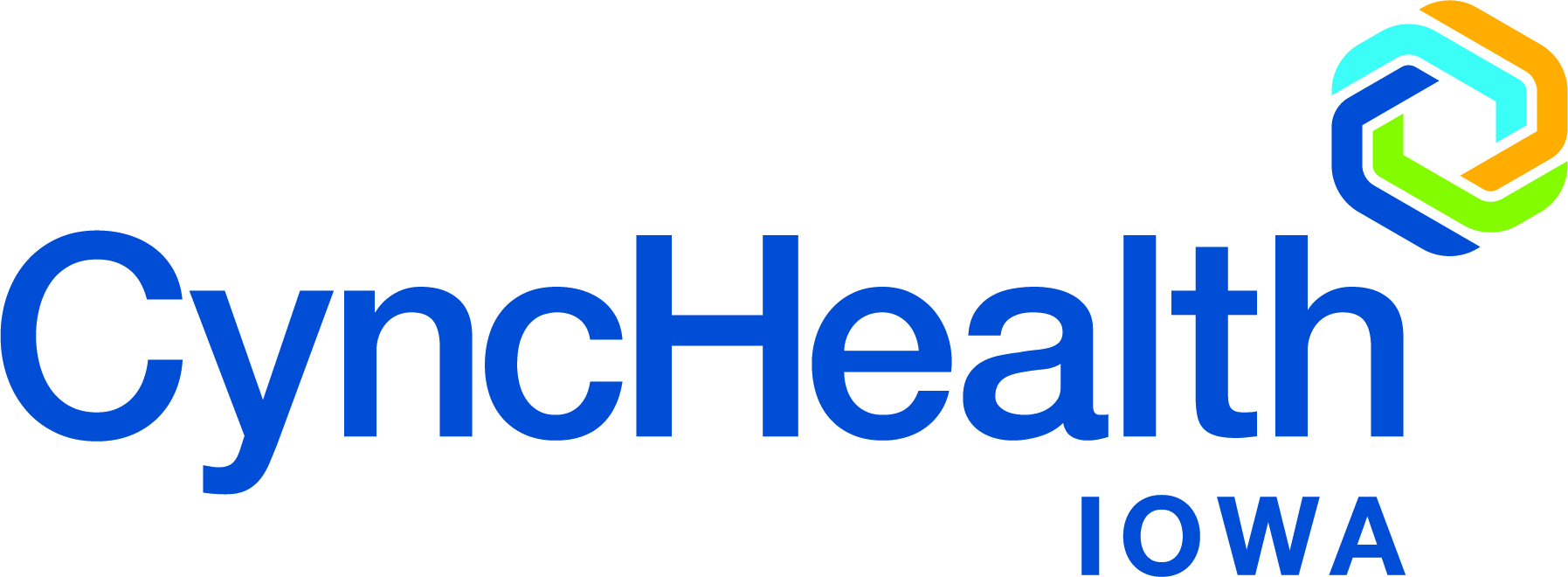

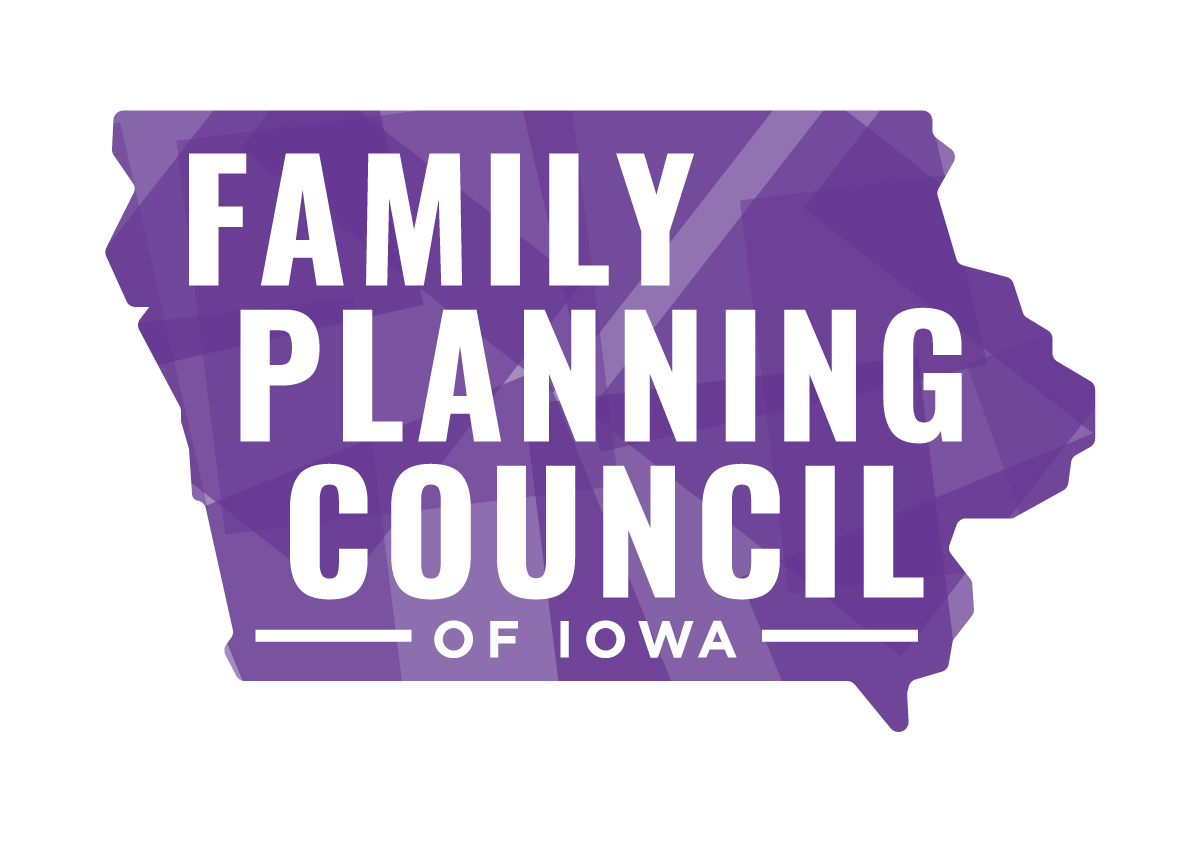




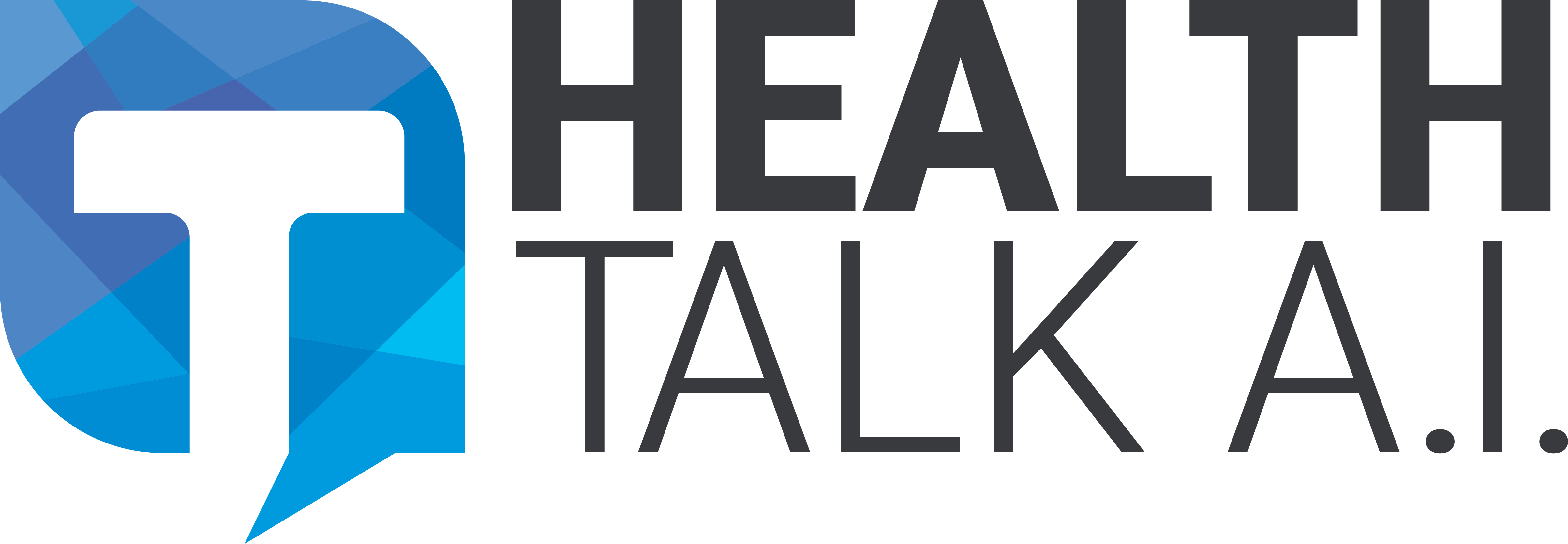
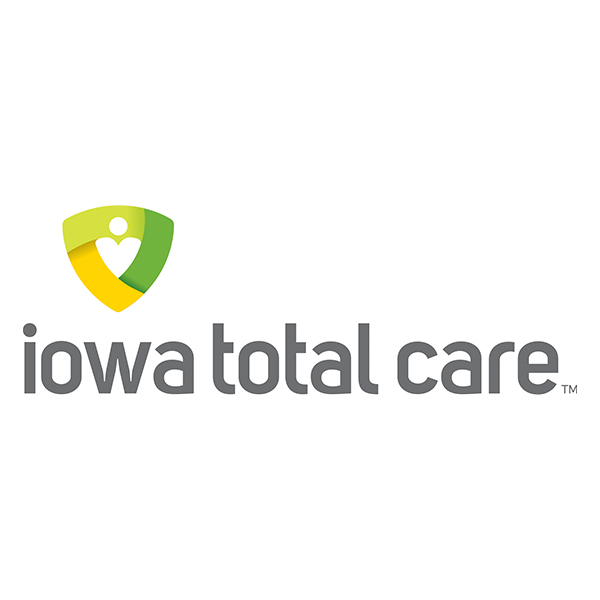







.png)










